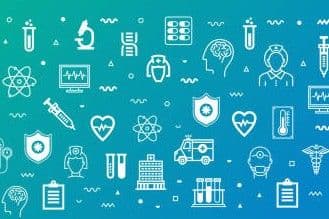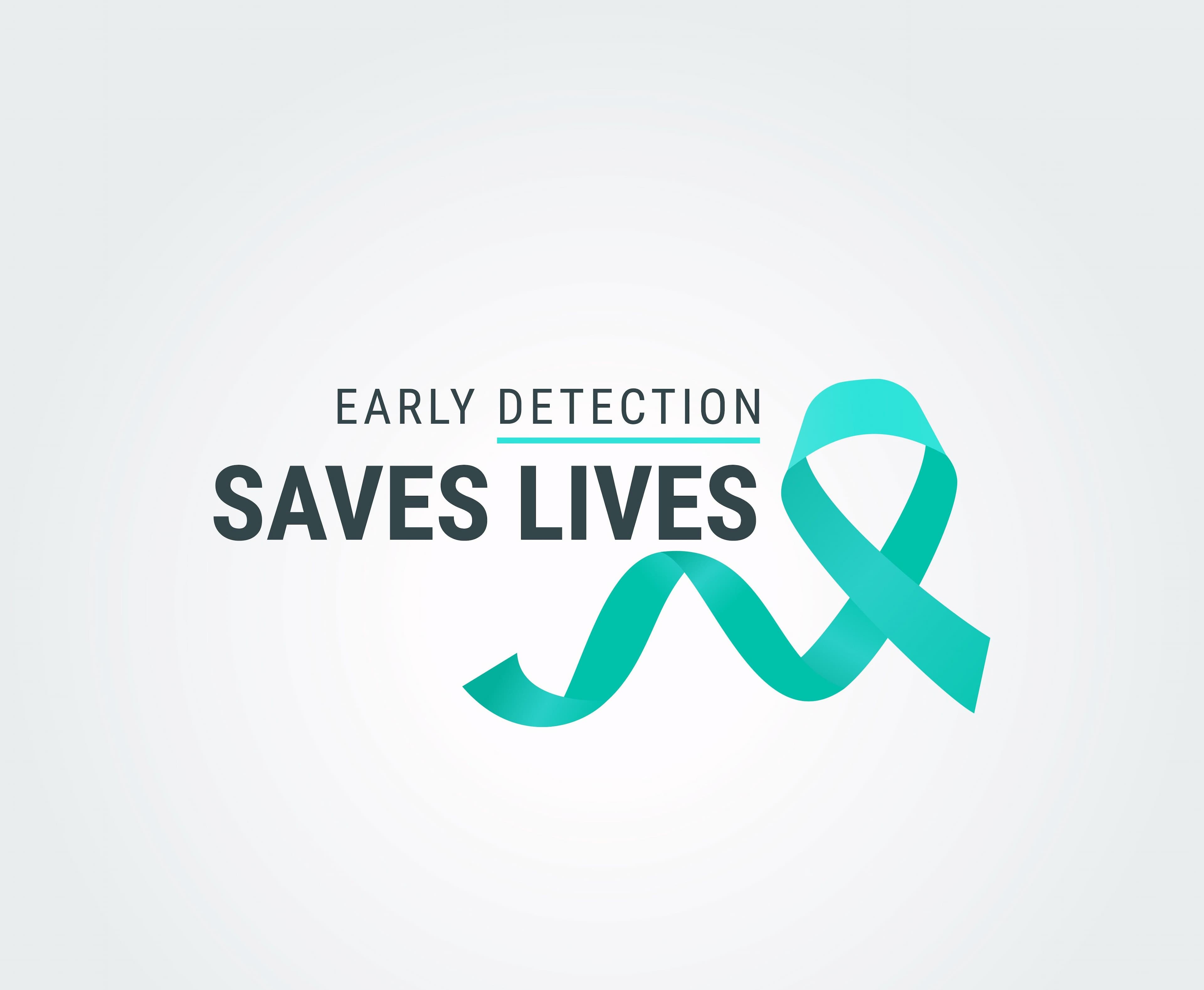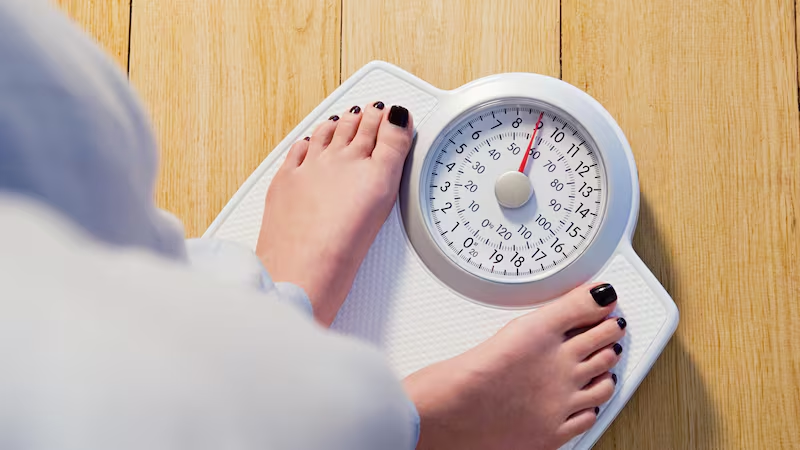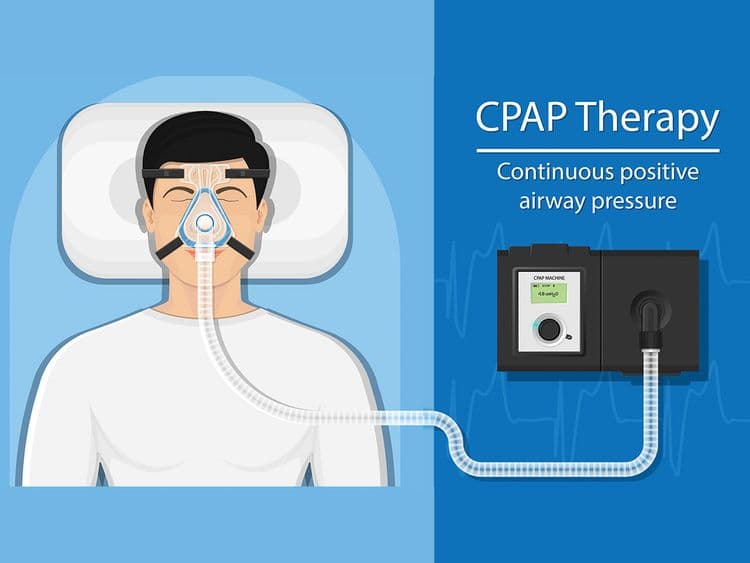
Struggling to breathe while sleeping? How one Indian expat in Dubai beat sleep apnea
Heavy snoring, waking up tired are signs of the condition that can be fatal if untreated
Dubai: It’s been 10 years since Dubai-based Indian expat Irwinder Singh Bajaj, head of finance at a leading international luxury brand, was diagnosed with sleep apnea.
Recalling his ordeal, Bajaj told Gulf News: “Prior to my diagnosis, I had no idea why I would get up so tired and drowsy. I had begun napping through meetings and was dozing off at traffic signals. My snoring was loud at night and my wife asked to get this checked.”
Bajaj underwent a compete sleep evaluation test and was surprised with his diagnosis. “My doctor diagnosed my case as that of severe sleep apnea, so much so that my sleep pattern tests revealed I was breathless every 15 seconds in a minute during my sleep. That added up to having a disrupted sleep for nearly three to four hours of my total sleep time. No wonder I felt the way I did.”
Bajaj was advised to use a Continuous Positive Airway Pressure (CPAP) machine during sleep. The machine maintains a continuous flow of oxygenated air in the airways keeping them open and thereby allowing the user to have a restful, uninterrupted sleep.
'I wake up fresh now'
His problem was completely resolved ever since he started using the machine. “I do not feel drowsy first thing in the morning that I usually felt earlier. Now, I am completely fresh and awake when I get up. My efficiency has improved, my energy levels are great and resolving my sleep apnea issues has done wonders for my life,” Bajaj said.
Bajaj is not a solitary case as it is estimated that nearly a 100 million people worldwide are diagnosed with this seeimingly simple disease with dangerous consequences. Recently, leading Bollywood music director Bappi Lahiri’s death was attributed to complications arising out of obstructive sleep apnoea.
However, the worrying factor about sleep apnoea is that it remains undiagnosed for long.
What is sleep apnea and how is it diagnosed?
If you snore heavily in your sleep or wake up feeling tired, it is likely that you are suffering from ‘sleep apnea’. Apnoea refers to a temporary pause in breathing and in many cases this happens during sleep.
Pulmonologist Dr Vijay Nair from Aster Clinics in Dubai explained: “Sleep apnea refers to the sudden stopping or disruption of breathing because the muscles in the upper respiratory tract, which begin from the nostrils to the pharynx, relax completely. This results in the constriction of the airway passage, cutting off oxygen supply to the brain.”
Dr Nair said people with sleep apnea are advised to get a complete Ear Nose Throat evaluation. This helps to see if there are any physical obstructions triggering the condition, such as tonsils, adenoids, polyps, etc. Then the patient undergoes a sleep pattern test where the sleeping pattern is scrutinised; the heartbeat, blood pressure, blood oxygen saturation, etc., are measured while the patient sleeps.
“The scores provide a very clear feedback on whether a patient suffers oxygen deprivation. This is calculated on the Epworth scoring table. Even normal people without apnoea suffer from breath obstruction for up to five seconds. The result is evaluated on a measuring scale called Epworth or Stop-Bang. The scores on this indicate the extent of the deterioration of sleep apnoea. A score of up to 10 is considered within normal range and anything above that is diagnosed as sleep apnoea,” Dr Nair said.
“I have many cases of sleep apnoea referred to me and these range from cessation of breathing for anything from 10 seconds, which is mild, to the most severe kind up to 45 seconds.”
Who is at risk?
Morbid obesity is most prominently linked to sleep apnea and it mostly occurs in older males. Dr Dhirender Singh, consultant interventional cardiologist at NMC Hospital, Al Nahda, Dubai, explained why the brain goes into overdrive, triggering anything from high blood pressure to heart failure.
“When there are disruptions in breathing, the brain is deprived of oxygen and that triggers a response from the symptomatic nervous system to cope with the emergency. The catecholamine hormones are released into the blood. The blood pressure rises, there is an increase in the level of stress hormones such as adrenalin and cortisol, the heart starts beating faster and it is likely to suffer from atrial fibrillation, irregular rhythms or arrhythmias. This can trigger a stroke or sudden heart failure. Therefore, it is essential that apnoea is diagnosed and there is appropriate medical intervention,” Dr Singh said.
Three types of sleep apnea
Dr Nair said: “Apnea is of three types – obstructive sleep apnea, centralised sleep apnea or a combination of both. In a majority of cases, it is obstructive apnoea which means the patient has some kind of physical obstruction it the upper airways. When little kids get apnoea, it is due to a growth in their adenoids or tonsils.
“In case of older people, smoking could be one of the main reasons constricting the airway passage or causing nasal and chest congestion, leading to physical obstructions.
“In case of obese people, presence of fatty deposits could constrict the upper airway muscles and constrict the passage. These muscles completely relax and stick to each other in that position depriving the individual from carrying out the normal function of respiration – inspiration and expiration. This results in the patients trying to put an effort their breathing and the entire upper respiratory airway vibrates due to the effort which we hear as snoring.”
Causing complications
Both Dr Singh and Dr Nair agreed that unchecked apnoea could lead to serious health consequences. Low oxygen in the blood also triggers inflammatory response in the body which can lead to insulin resistance and affect the insulin absorption in the blood resulting in Type II diabetes. People with sleep apnoea are at high risk of developing hypertension, heart disease, stroke and many other complications and need to consult their doctor for a proper treatment that might involve a complete health and lifestyle change.
Is sleep apnea reversible?
While Bajaj’s sleep apnoea problem was resolved with a CPAP machine that he uses every night to sleep well, not all patients might need this. Dr Nair said a CPAP machine must be used only when all other efforts fail. “A majority of patients who come to my clinic for sleep apnoea treatment are able to manage or reverse it with lifestyle changes,” he added.
Dr Nair mentioned a patient whose weight dropped from 190kg to 96kg in a year. “A severe sleep apnoea patient, his condition was completely reversed when we conducted his test a year later.”
People who diet and exercise and are able to reduce the fat percentage in their body experience relief and reversal. Reduction of fat allows their respiratory tract to function normally and helps reverse apnoea, explained Dr Nair.
Orthodontists have created special jaw devices to push the jaw in an angle, wherein the upper respiratory tract is not restricted, thereby allowing free flow of air. There is plenty of research underway to understand the reasons for apnoea and look for new cures.
